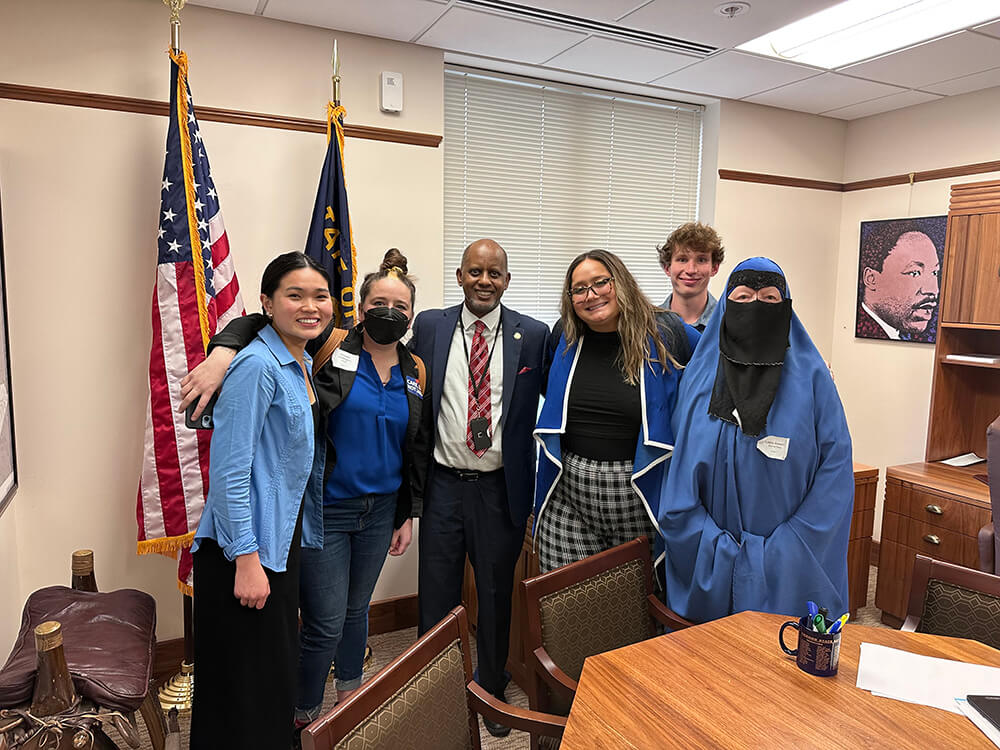
Our Impact
We advance policies that transform our punitive system into one that ensures accountability, racial equity, and healing. By centering these values, we’re creating a model of community safety with better outcomes for both survivors of violence and people who have caused harm.
We’re guided by a shrink-and-invest approach to reform: The policies we advance reduce mass incarceration. At the same time, our work has invested nearly $500 million into services for crime survivors, treatment, and restoration.
Oregon's Most Recent Reforms
Expanded and made FSAP permanent
With its permanent status, the Family Sentencing Alternative Program will now expand to include more parents, allowing them to raise their children while being accountable for harm and accessing culturally specific services if applicable.
Expanded earned discharge on community supervision
Up to 5,000 more Oregonians became eligible to earn early discharge on their post-prison community supervision. People meeting their supervision goals can earn up to 50% of their time off. A shift away from a more punitive approach, people are now incentivized and rewarded for their success.
Funded Victims’ Healing and Gun Violence Prevention
More victims of gun violence will now receive hospital crisis intervention and a range of resources that can include safety planning, housing, and substance use disorder treatment. The $4M investment continues the state’s commitment to supporting survivors of color and their families after trauma.
Reformed Crime Victims Compensation
The new law eliminates the requirement for victims to report a crime to law enforcement and the requirement for district attorneys to be notified of crime victim compensation claims. It also expands compensation for mental health services, and it removes restrictions on victims’ compensation for survivors who contributed to the crime.
Funded domestic and sexual assault survivor services
Oregon Domestic Violence and Sexual Violence Services (ODSVS) received more additional dollars so that Oregonians across the state can heal from trauma and rebuild their lives. Service levels routinely fall short of what is needed – a tremendous gap that disproportionately affects communities of color.
Funded public defense
A much-needed investment of $108 million to address Oregon’s shortage of public defenders that disproportionately impacts legal representation for Black and brown people.
Funded the Justice Reinvestment Initiative
Our first big reform passed in 2013, it was funded again for the fifth biennium. JRI is a state grant program that reduces prison use and redirects some savings toward victims’ services, mental health services, and housing. The approach has safely shortened sentences and invested millions of dollars in community-based programs, while also preventing two prisons from opening and closing two others.
Created drivers’ right to refuse consent to a search
Police officers must now inform drivers of their right to refuse consent to a search when they have pulled someone over. Consent needs to be documented, either in writing or recorded. More details about the law are here.
Limited pretextual stops
Oregon police officers can no longer pull drivers over for four specific infractions: a single broken headlight, a single broken taillight, a single broken brake light, or a non-functioning license plate light. The law minimizes potentially lethal interactions between drivers and law enforcement. More details about the law are here.
